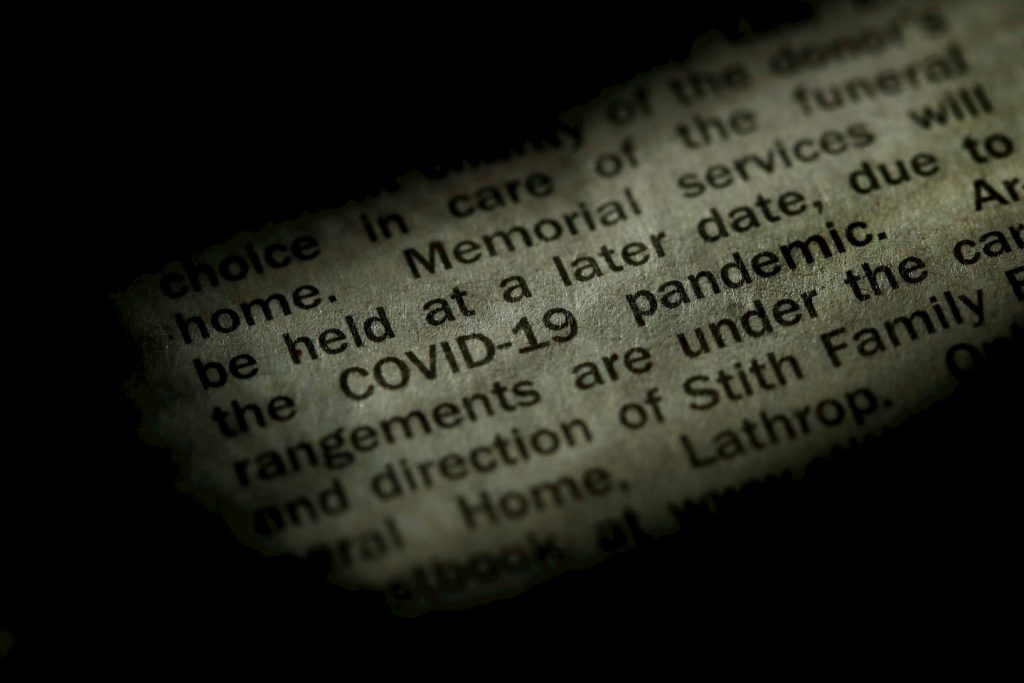In this article, I share my two final case studies, which examine changing our cultural attitudes to enhance productivity.
CASE STUDY #5 – THE ROLE OF PUNCTUALITY
An entrepreneur named Michael Fairbanks, who specialises in developing countries, made this comment: “People who show up late for meetings live in poor countries”. An essential component of productivity improvement relies on punctuality, which really means showing respect for other people’s time.
In GraceKennedy, we noticed punctuality slipping. One example was a workshop at which I was speaking and where one of our young managers walked in late. He had recently been sent to the UK by us for a year to gain work experience. I asked him: “How could you possibly come late? I’m sure you were not late once in your entire year in the UK”. He replied, “Yes, Mr Orane that’s true, but this is Jamaica.”

We decided that as of the beginning of the following month, everything would start on time, to the second, with no exceptions. We aimed to bury Jamaica time. Those who came late would be frowned upon, and if they asked for us to go over what they had missed, that was definitely not allowed. We made it clear across the group what was expected of each individual and that it was a crucial way of showing respect for others by exhibiting this behaviour.
Incidentally, we had also implemented an initiative to keep all operational meetings to no more than one hour, learned from General Colin Powell who mastered the technique and who had included the methodology in his autobiography titled My American Journey, a No.1 New York Times Bestseller (Publisher Random House, 1995). I quote below the paragraph from his autobiography, where he describes his exceedingly effective approach:
“Frank Carlucci left the PRG meetings almost entirely in my hands. Having suffered through endless, pointless, mindless time-wasters for years, I had evolved certain rules for holding meetings. First, everyone got a chance to recommend items for the agenda beforehand, but I controlled the final agenda, which was distributed before the meeting.
Once a meeting started, no one was allowed to switch the agenda. Everyone knew that the meeting would last exactly one hour. The first five minutes and the last ten minutes belonged to me. In those first five minutes, I reviewed why we were meeting and what had to be decided by the end of the session.
For the next 20 minutes, participants were allowed to present their positions, uninterrupted. After that, we had a free-for-all to strip away posturing, attack lame reasoning, gang up on outrageous views, and, generally, have some fun. Fifty minutes into the hour, I resumed control, and for five minutes summarised everyone’s views as I understood them. Participants could take issue with my summation for one minute.
In the last four to five minutes, I laid out the conclusions and decisions to be presented as the consensus of the participants. Then it was over. Those disapproving of the outcome could go back home and complain to their bosses who could appeal to Carlucci. This approach seemed to work”.
And yes, it worked for us in GraceKennedy too.
CASE STUDY #6 – CHOOSING SUBCULTURES, BUT WHICH ONE?
Damian ‘Junior Gong’ Marley powerfully expresses the predicament that we have created for ourselves:
Welcome to Jamrock.
Out in the streets, they call it
murder.
Welcome to Jam Down, poor
people ah dead at random,
Political violence can’t done,
pure ghost and phantom,
The youth dem get blind by
stardom,
Now the King of Kings ah call.
In the mid-2000s, we in GraceKennedy became increasingly disturbed at the rise of differing subcultures in Jamaica and their percolation into the workplace, with very negative consequences on group dynamics, and hence, productivity. The society was becoming increasingly swamped by an ‘informa fi dead culture’ as well as another subculture, a ‘culture of silence’.
In GraceKennedy, we have an induction programme for all new employees. As chairman and CEO at the time, in addressing these groups, I decided to become very explicit about this issue. My words were:
“There are different subcultures in Jamaica. There is an ‘informa fi dead’ culture, there is a ‘culture of silence’, and there is a ‘culture of integrity’ based on mutual trust. You can choose whichever one you want, but if you choose either of the first two, then there is no place for you in GraceKennedy. Our company relies on a common culture of integrity and mutual trust in order to be able to, firstly, create a safe space for all our employees, and secondly, through this mutual trust, to assist each other to increase productivity”.
The reaction I got from people who came to me afterwards was “Mr Orane, I’m so glad you said what you did. I feel so much safer now inside our company”.
With the competing subcultures increasingly emerging in our country and directly contributing to crime, we as leaders need to remove any ambivalence about the values that we hold dear within our organisations.
In my next and final article on this topic, I propose concrete steps that once implemented, will lead to rapid productivity improvements in our country.
Douglas Orane is the retired chairman and chief executive officer of GraceKennedy Limited.
Viewpoints is committed to expanding its range of opinions and commentary. Share your views about this or any of our articles. Email feedback to viewpoints@gleanerjm.com and douglasorane16@gmail.com.







